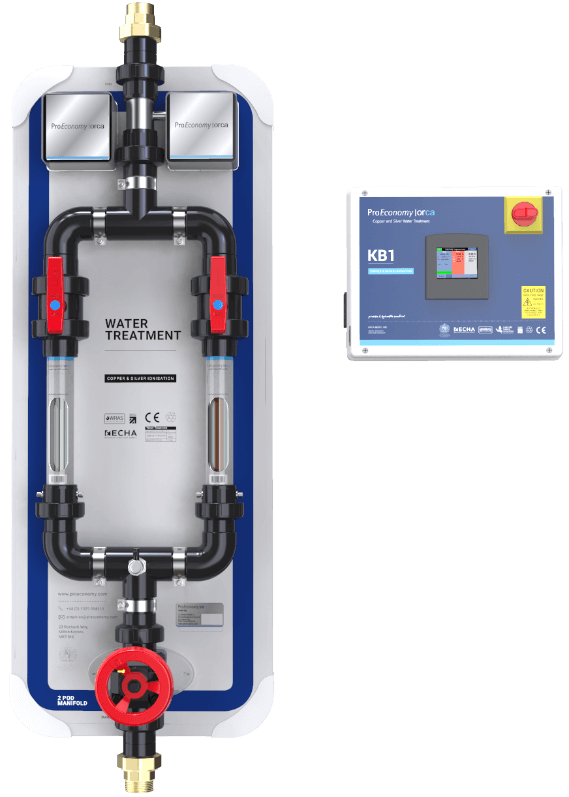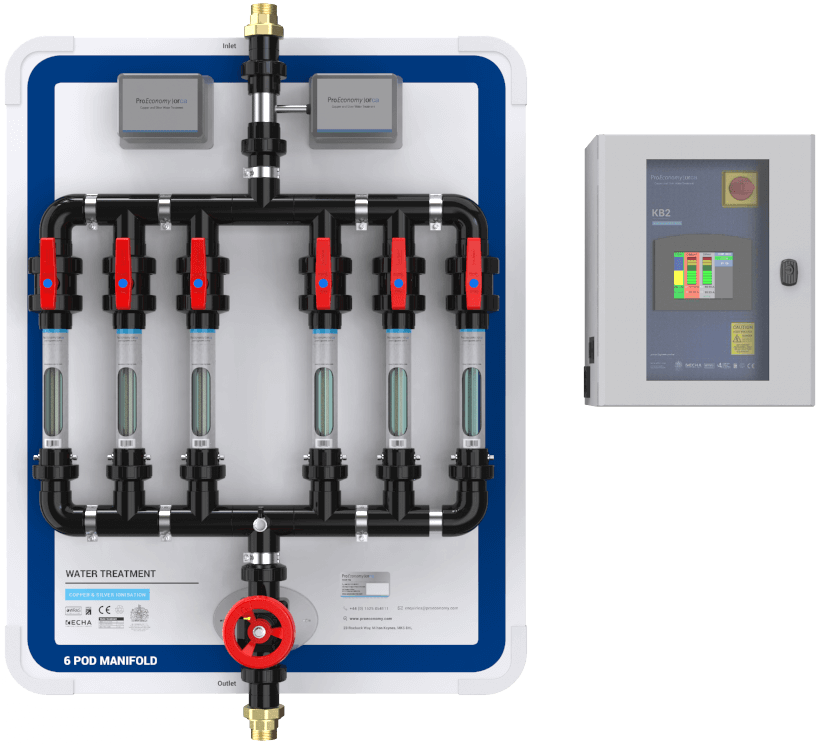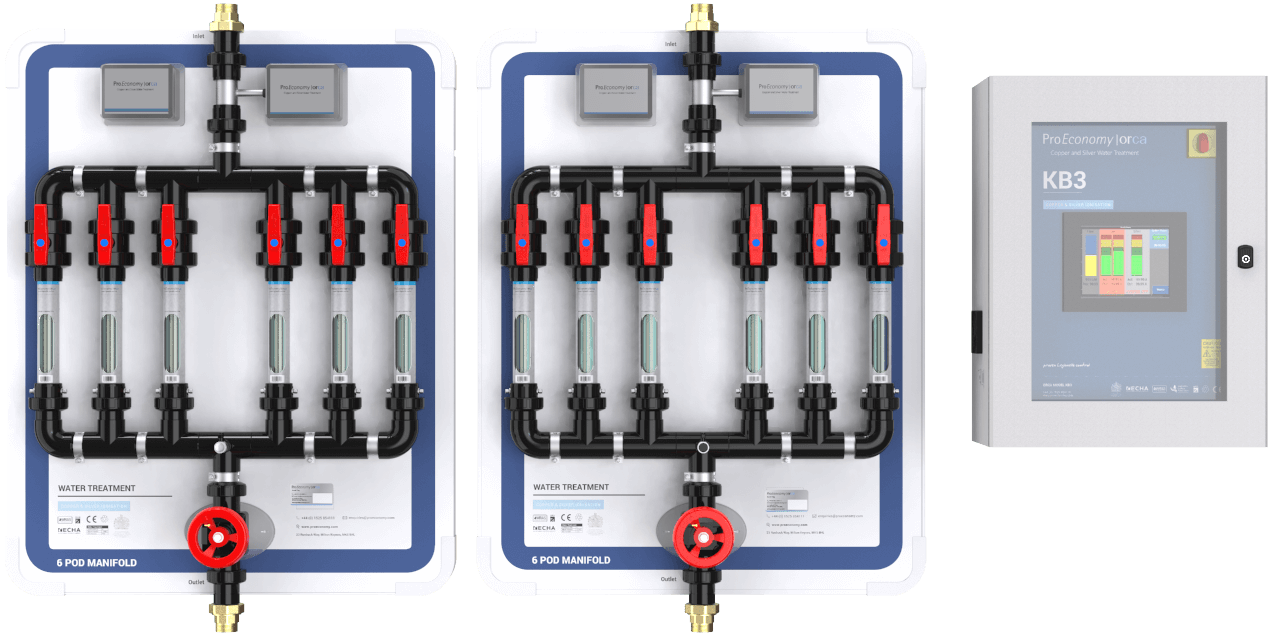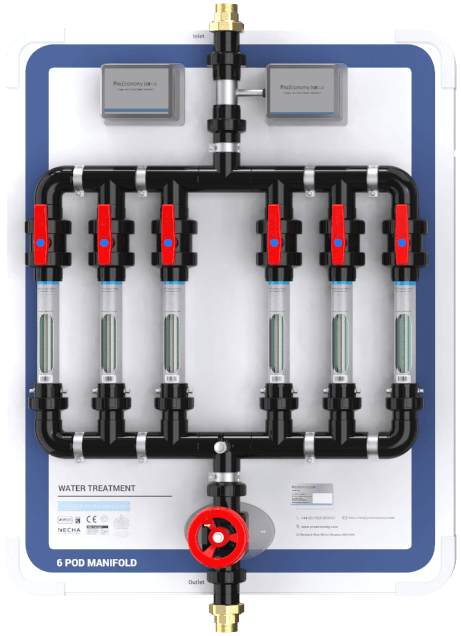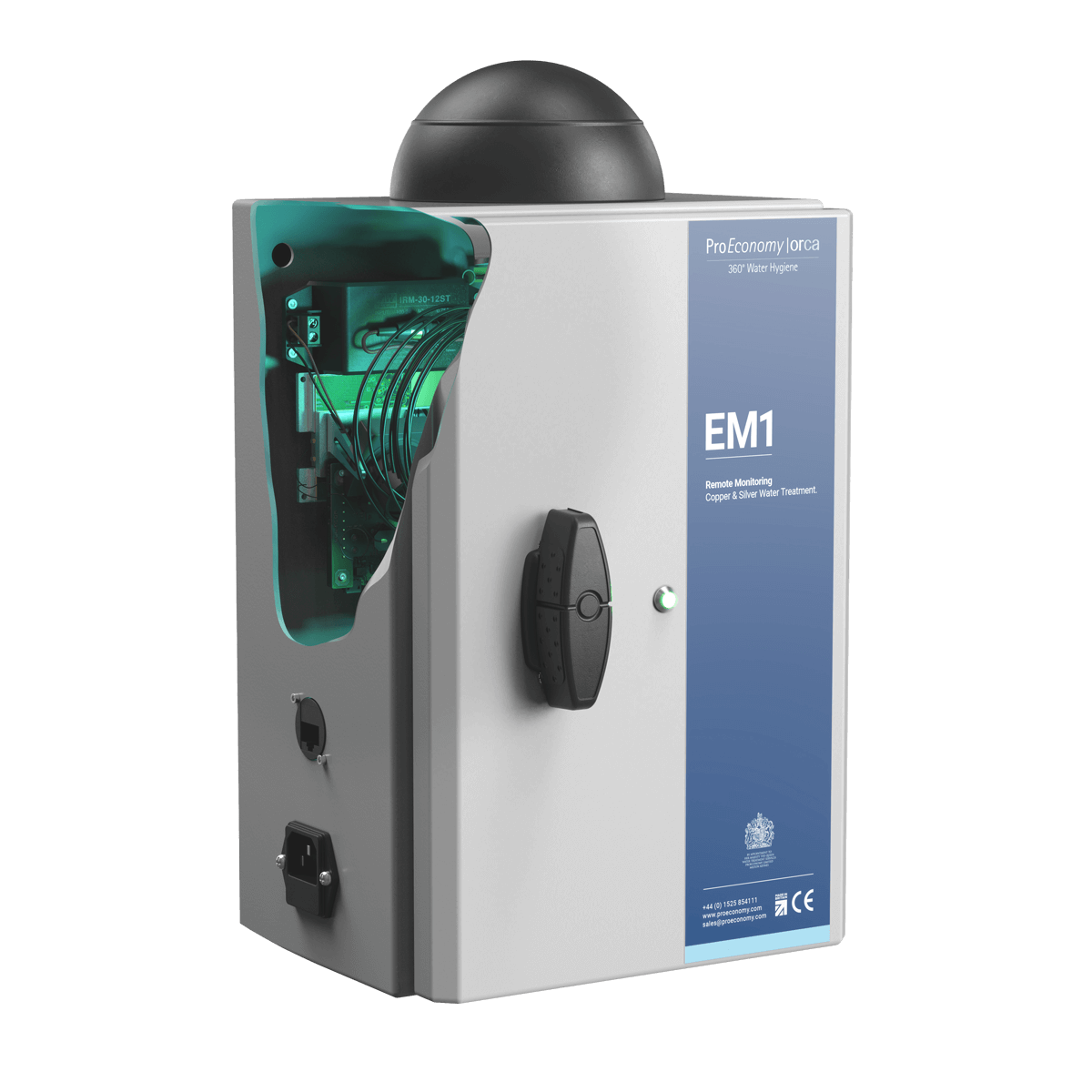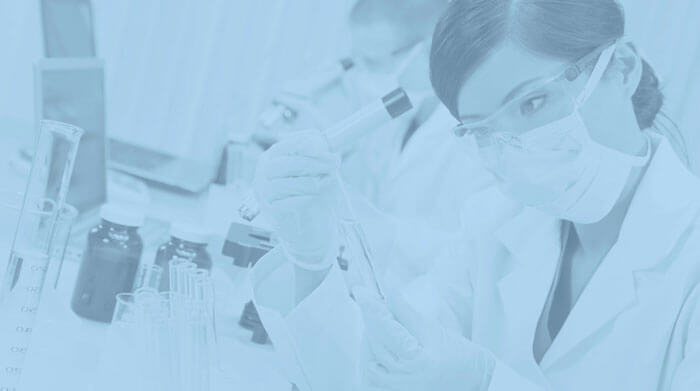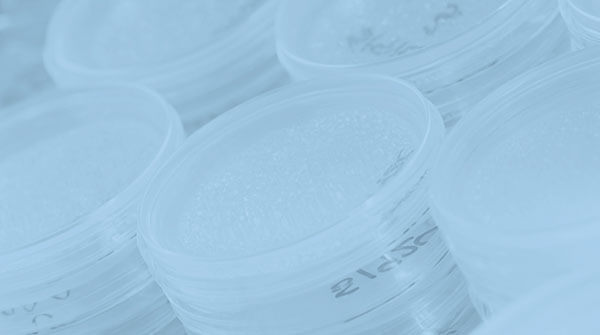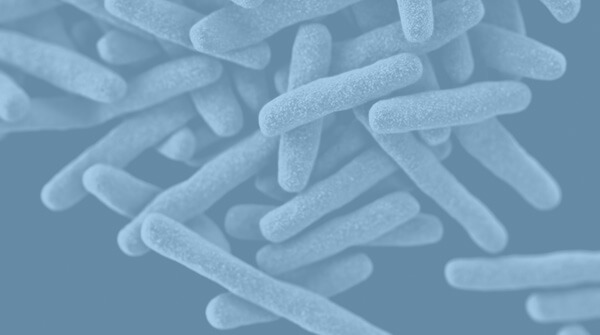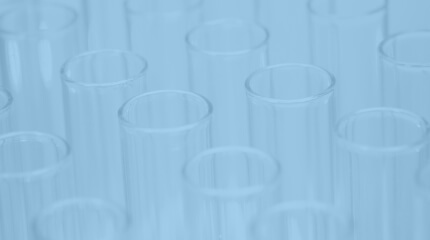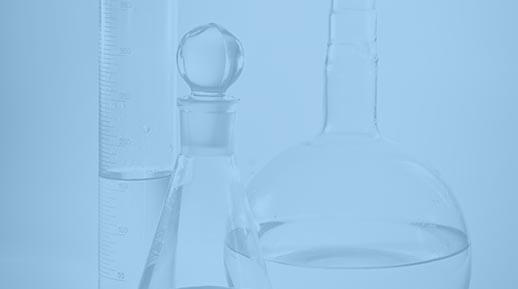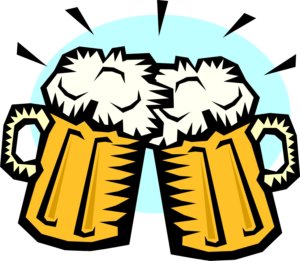Treated Wastewater
After multiple steps of disinfection, treated wastewater is usually released back into the water cycle via the nearest body of water, many of which supply the water to reserves for everyday human uses. However, by the use of suitable technology, it is possible to reuse sewage effluent straight from the works. This is as long as it has been treated with highly sophisticated methods for drinking water. This is usually only done in countries with limited water supplies, such as in Singapore. In Israel, for example, around 50% of water used in agriculture comes from reclaimed sewer water.
Even large countries facing frequent droughts are coming up with new ways to use water straight out of final effluents from wastewater treatment plants. This is due to the gradual changes in the global climate that are resulting in water scarcity. As shown in articles in the Guardian and CBS News online, reporting on how beer makers in Oregon, USA, are now using highly treated wastewater effluent to make beer to raise awareness on reusing this vital and scarce resource that is water.
Beer and Treated Wastewater
This is being done by means of a competition (Pure Water Brew Challenge). Wastewater treatment operators in Portland, Oregon, have asked home brewers, belonging to a home-brewing club called Oregon Brew Crew, to make a great tasting beer from the usual ingredients. However, they must replace one vital ingredient, water, for treated wastewater.
Operators will supply 1000 litres of pure water to 20 brewers from the club to produce their home brew. This is then will be judged by a panel of experts. The beers produced by the finalists will be taken to an international water conference in Chicago. However, the brewers won’t be able to sell their brew to the public yet.
Some beer experts say that water is a very important ingredient in beer-making, since it makes up 90-95% of the beer by mass; hence the water chemistry can influence not just the taste but also the brewing efficiency. Therefore, it is essential that the water supply used is adequate for the job.
Chlorine and Beer
For example, chlorine, which is added during water treatment process, can greatly affect other beer ingredients. This results in a harsh aroma and flavour and, therefore, is removed by boiling or filtration. Another unwanted aspect of public water is its lack of hardness. Municipal water is generally soft due to the lack of minerals from filtration. Therefore, it results in a milder flavour than those made from hard water. The presence of bacteria is undesirable as it can spoil the wort. This causes a souring of the beer and boiling is again effective in the removal of contaminants. Link to an electronic version of a book on brewing, which gives recipes.
The Verdict
“We need to be judging water by its quality, and not by its history,” said Mark Jockers, a spokesman for Clean Water Services, which runs four wastewater treatment plants in the Portland suburbs. “The water we’re producing is significantly cleaner than what the safe drinking standards are for water that comes out of taps across the United States.” The process for purifying the water for the beer contest includes ultra-filtration, reverse osmosis and advanced oxidation.
In 2014, a similar contest took place. Here, brewers were asked to use river water containing 30% treated wastewater. However, for this year’s contest they’re using 100% treated wastewater. Last year’s winner, Ted Assur, with his Vox Max Belgian beer said: “It is some of the best water I’ve ever made beer with. I think the fact that it was really starting with absolutely nothing but water, and then having to add in the exact minerals I needed. I felt like that was a factor in producing a great beer.”
The judging took place during July-August 2015. However, no results have been reported in the media yet.
Link to the Guardian article.
Link to CBS News article.
